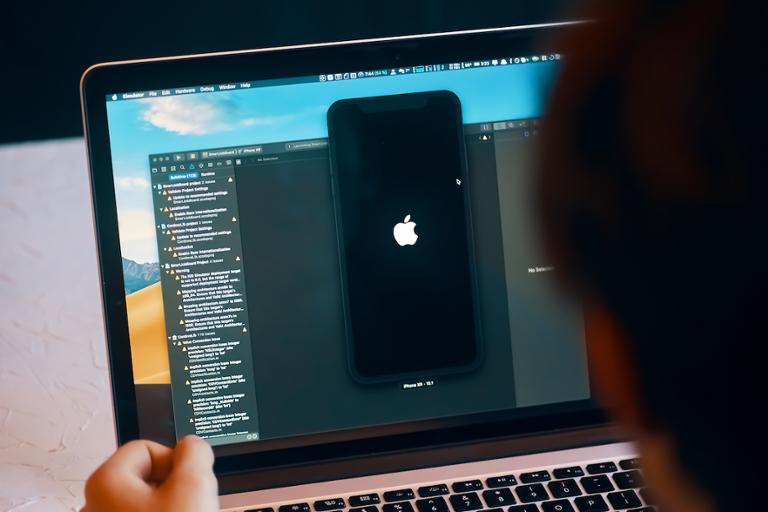You survived the week! Congrats. Hopefully you’re shutting off the work computer for the weekend, but before you do, let’s touch on some of the biggest tech news of the week, including Apple’s new plans for WWDC and Airbnb’s new troubles.
Apple’s WWDC is Going Virtual
Earlier this year, faced with the growing threat of the COVID-19 pandemic, a number of tech companies canceled their annual conferences. The one exception was Apple, which declined to announce how it would handle its Worldwide Developers Conference (WWDC).
Now, finally, we have an answer: WWDC is going virtual, via the Apple Developer app and Apple Developer Website. It’ll also be free for all developers. Apple will share conference information, including session schedules and keynotes, via the Apple Developer app in June. (If you’re new to iOS and macOS development, Apple also announced a Swift Student Challenge that could be an interesting way to boost your skills.)
Apple has unveiled lots of new tools and services at previous WWDCs. In 2019, for example, it rolled out SwiftUI, which radically changed how developers could write apps; RealityKit, for building cool stuff in augmented reality (AR); and a broad roadmap for future development. Chances are good that Apple will introduce a lot of stuff this year—virus or no.
Google A.I.: COVID-19 Hunter
Google’s artificial intelligence (A.I.) researchers have designed a tool that will help researchers sort through the mountains of COVID-19 research out there. This COVID-19 Research Explorer (which you can poke through yourself) will pick through 50,000+ articles on the COVID-19 Open Research Dataset (also known as CORD-19).
What’s the difference between Google’s current effort and a basic-issue search engine? It all comes down to natural language processing, which is one of the key focuses of A.I. research. The COVID-19 Research Explorer does its best to recognize context; not only does it return papers that directly relate to the original search query, but it tries to find papers with related information. It also surfaces text snippets so that researchers can quickly see whether the results are actually relevant.
For example, if you type “clotting COVID-19” into the COVID-19 Research Explorer, the algorithm doesn’t just surface papers with the words “clotting” and “COVID-19” (as a traditional search engine might do); it also leverages context to surface papers that cover issues related to clotting, such as venous thromboembolism and myocardial injury. This is especially helpful for researchers who want to pull up enormous amounts of relevant information quickly.
Even if you’re not a medical researcher, Google’s tool is well worth checking out as a good example of public-facing A.I. work, especially with regard to natural-language processing. On one of its corporate blogs, Google is also offering a pretty extensive rundown of how its models actually work.
Airbnb Layoffs
Tech firms that depend on real-world interactions—whether sharing rides or houses—are in turmoil thanks to COVID-19. Airbnb is no different, and now CEO (and co-founder) Brian Chesky plans on laying off a quarter of the company’s 1,900-employee workforce.
Other gig economy firms are planning similar cuts. For example, a recent report in The Information suggested that Uber may lay off up to 20 percent of the company’s employees, including engineers and other technologists. Lyft and Lime are also cutting staff.
So Airbnb isn’t alone. As with those other gig-economy services, though, the question is how long they’ll take to rebound once the COVID-19 epidemic finally passes.
Have a great weekend, everyone! Keep washing those hands!



